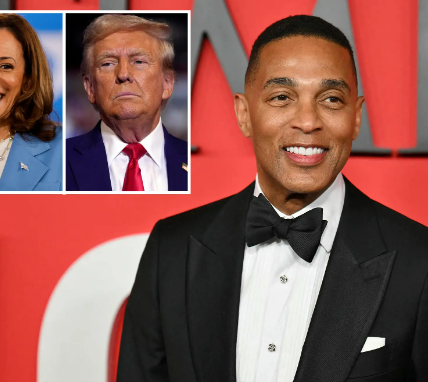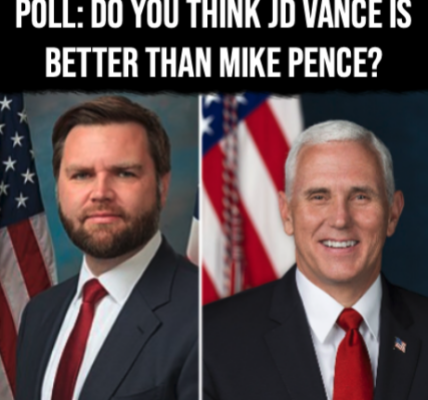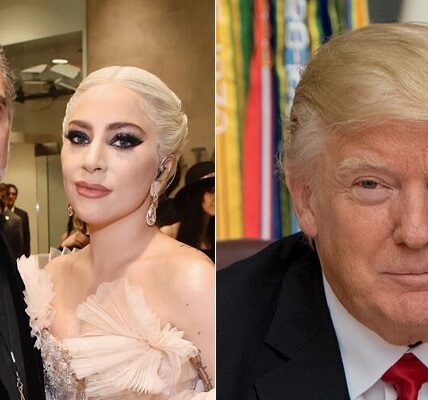Robert F. Kennedy Jr. finds his campaign at a critical juncture. Financial woes have hit Kennedy’s camp hard, with expenditures outpacing fundraising efforts, as revealed in the latest campaign finance reports, and the financial strain is just one of many hurdles. Kennedy’s attempt to secure a spot on the ballot has hit a snag in key states, including New York, where his access was recently denied.

With the campaign at a crossroads, Kennedy’s running mate Nicole Shanahan caused speculation to explode Tuesday with a hint that would surely reshape the November election. In a revealing interview on Impact Theory, RFK’s VP pick suggested the possibility of either forging ahead to establish a new party or making a strategic retreat to endorse former President Donald Trump. “What my gut tells me right now is that we just have to keep being honest,” Shanahan said.
Shanahan’s contemplation comes at a time when the appetite for a third-party presence in American politics is palpable, with 71% of Americans expressing a desire for a strong third party. “If we get over 5% of the vote, we actually establish ourselves as a party,” she noted, pointing out the potential long-term benefits of remaining in the race.

“There’s two options that we’re looking at,” she elaborated. The first involves staying in the race and laying the groundwork for a substantial third-party challenge in 2028. This path would avoid the hefty expenses associated with securing ballot access and would allow the party to focus resources on campaigning. “Or we walk away right now and join forces with Donald Trump,” Shanahan explained.
An endorsement from Kennedy and Shanahan could consolidate conservative and libertarian votes under Trump, potentially altering the trajectory of the election. Meanwhile, the decision carries significant implications for the more liberal members of the Kennedy-Shanahan base, who may view such a move as a betrayal of the campaign’s founding ideals.

Kennedy’s campaign is hitting rough financial waters, reporting just $3.9 million in the bank at the end of last month, as revealed by a Federal Election Commission filing on Monday, according to Politico. The squeeze comes after a hefty $7 million was spent in July alone, despite the camp scaling back on events. Contributions also lagged, with the campaign raising only $5.6 million, nearly half of which was contributed by Kennedy’s running mate, Nicole Shanahan. This left Kennedy saddled with nearly $3.5 million in debt.
Kennedy’s visibility on the campaign trail has also diminished significantly. He hasn’t made a public campaign appearance since early July, only occasionally surfacing at conferences or on podcasts. His absence has coincided with a drop in poll standings, following major developments like the Republican National Convention and Vice President Harris stepping in for Joe Biden as the Democrat frontrunner.
In a bid to pivot, Kennedy has reportedly sought roles within the potential future administrations of both Harris and former President Trump. These overtures, made in exchange for his withdrawal and endorsement, have so far been met with rejection.

Last week, a New York judge ruled against his eligibility to appear on the state’s November ballot, stating that merely renting a bedroom in a friend’s home did not fulfill residency requirements. On Monday, in Mineola State Supreme Court, attorneys representing two voters, backed by the Democrat National Committee, argued that Kennedy’s campaign had engaged a firm that resorted to deceptive practices in collecting signatures necessary for ballot qualification. The battle, expected to last a week, will delve into the campaign’s extensive and costly efforts to secure ballot access across all 50 states.




